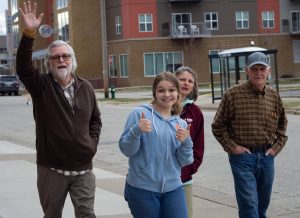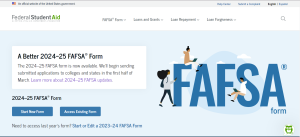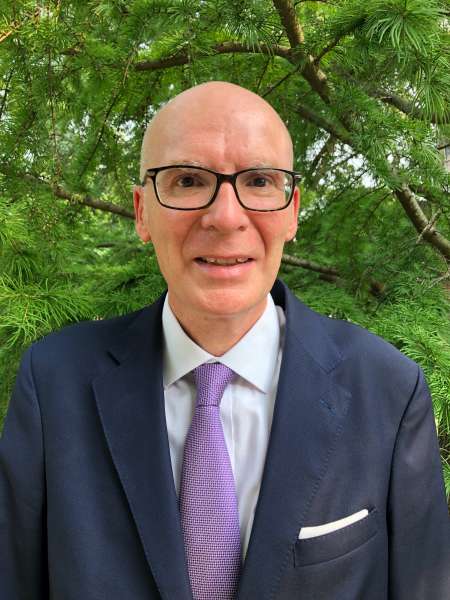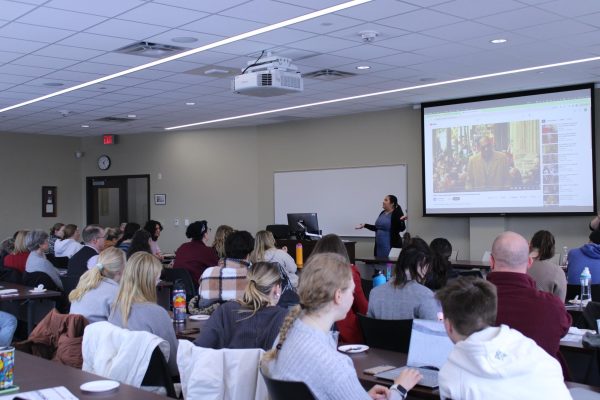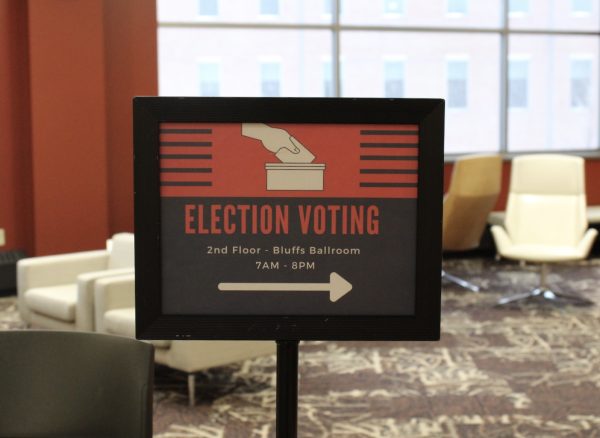UW-L student evacuated from Africa during Ebola outbreak
October 22, 2014
The recent Ebola outbreak in Western Africa has gotten much attention lately. Day after day, the deaths caused by Ebola keep rising, with no signs of stopping. Ebola is spread through direct human contact with blood, organs, fluids or materials contaminated with these fluids. It has an incubation time of 21 days, which means that a person will show signs within 21 days after being in contact with a person who has Ebola.
There has been three recent outbreaks in the United States, all have occurred in the state of Texas. Thomas Duncan, the first person diagnosed with Ebola during this epidemic in the United States, came to Dallas, Texas from Liberia to visit relatives. He was put into quarantine once it was determined that he had gotten the virus, but died on Oct. 8.
Two nurses who cared for Duncan have also tested positive for Ebola. One of the nurses, Amber Vinson, boarded a flight after contacting the Centers for Disease Control (CDC) to report a fever of around 99 degrees Fahrenheit. Whomever Vinson spoke with at the CDC did not advise her to not fly, stating she did not meet the temperature standard of Ebola of 100.4 degrees Fahrenheit.
One UW-La Crosse student was studying abroad in Freetown, Sierra Leone this past summer. Alexandria Berg, a Master’s of Public Health student, was there continuing her field experience for community health education. Berg was brought back to the U.S. on Aug. 15 when she caught the last flight and last seat on an evacuation plane to Paris.
Berg stated that she was sad to leave, but had to based on the criteria in regards to safety within UW-L’s policies. The University policy states that the school will not support travel to a country that has been issued a travel warning.
“There were no places to keep people quarantined around Freetown. They had places, but they were hours and hours away. People of the country would rather care for their family members than take them to a hospital,” Berg said.
She expressed her sympathy of how sad it is for the countries that do not have the resources available that the United States does.
Berg was not afraid of getting the virus.
“I was not around anyone who had Ebola. I knew the risk of me getting it was low,” Berg said.
“The university strongly recommended she visit her physician for a thorough check up upon her return,” said Susan Pham, assistant director of International Education at UW-L.
Many people may get nervous knowing a student on campus was in an Ebola infected country. She did not turn up with the virus, so there is absolutely no need to panic.
During the entire situation, the university was in contact with health organizations.
“We were monitoring bulletins and notices from CDC as well as the State Department, World Health Organization (WHO) and Association of International Educators (NAFSA),” Pham said.
This was the first time a student had to be evacuated from an abroad study at the university. If Ebola does continue to spread in the U.S., UW-L will continue to communicate with the CDC and monitor the situation.
If anyone is interested in learning more about Ebola, there will be a seminar held by Michael Osterholm, an international leader on the epidemiology of infectious diseases, on Friday, Oct. 24 at 3:30 p.m. in 1400 Centennial Hall.




